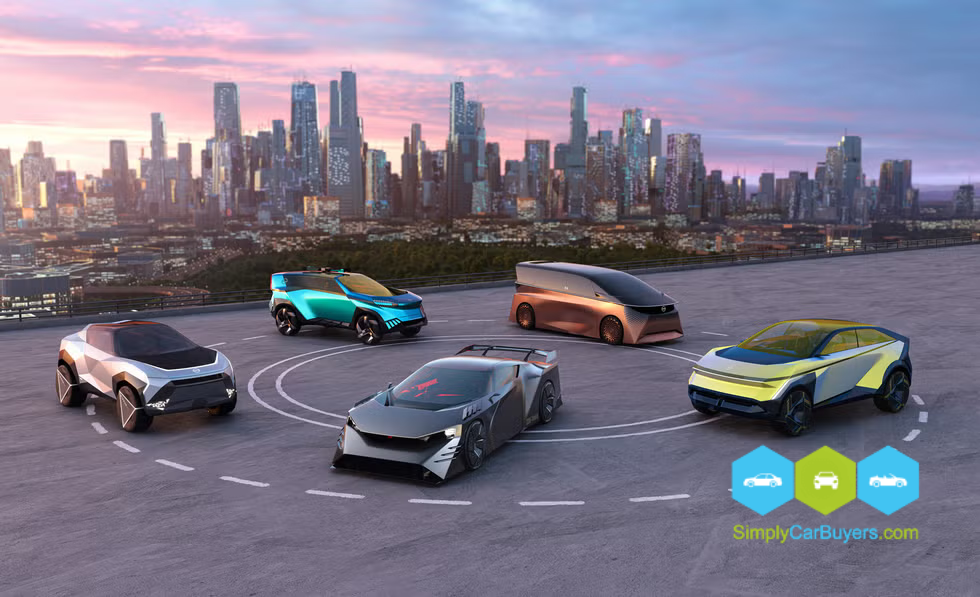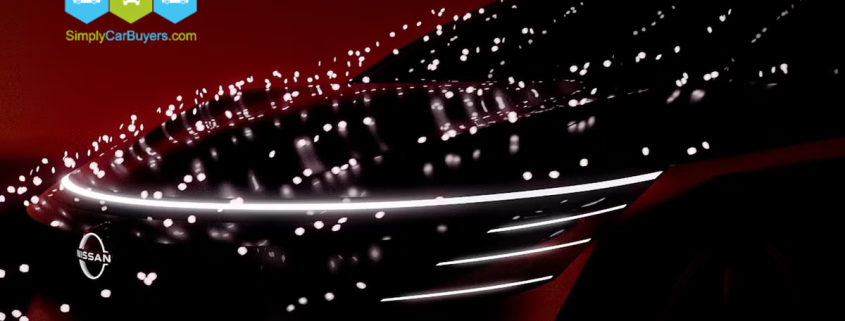Nissan Future EVs 2028: US-Made Batteries Power the Way
Nissan is charging toward an electrified future with a bold plan for its Nissan Future EVs 2028, backed by a major battery deal with SK On. As reported by Car and Driver on March 19, 2025, this partnership will bring US-made batteries to Nissan’s electric vehicles (EVs) starting in 2028. This move strengthens Nissan’s presence in North America and supports its goal to launch 16 electrified models out of 30 new vehicles by 2027. In this blog, we’ll dive into the details of this collaboration, what it means for Nissan’s EV lineup, and how it positions the automaker in the growing EV market.
 Nissan Future EVs 2028: A Game-Changing Battery Deal
Nissan Future EVs 2028: A Game-Changing Battery Deal
Nissan has teamed up with South Korean battery maker SK On to secure nearly 100 gigawatt-hours (GWh) of high-performance, high-nickel batteries from 2028 to 2033. These batteries will power EVs built at Nissan’s Canton, Mississippi plant. The $661 million deal supports around 1,700 US jobs at SK On and marks the first time a Japanese automaker has partnered with SK On for battery supply. This shift to locally sourced batteries could help Nissan avoid potential tariffs and meet rising demand for American-made EVs.
The Canton plant, already set for a $500 million upgrade in 2022, will produce at least four EV models under the Nissan and Infiniti brands. Production, originally slated for 2025, now targets 2028, reflecting Nissan’s careful planning. For more on Nissan’s electrification strategy, visit their official electrification page.
What to Expect from Nissan’s Upcoming EV Lineup
Nissan’s ambitious roadmap includes a mix of sedans, crossovers, and SUVs. The Nissan Future EVs 2028 lineup features two sedans—one Nissan, one Infiniti—plus three crossovers, including a Rogue-like EV. These models will use SK On’s advanced batteries, boosting range and efficiency. While exact specs remain under wraps, the 100 GWh supply could power about 1 million midsize EVs, hinting at strong production goals.
Currently, Nissan’s Ariya EV comes from Japan, but the Mississippi-made EVs will shift focus to local manufacturing. This aligns with Nissan’s broader plan to roll out 16 electrified models globally by 2027, including hybrids and full EVs. The high-nickel batteries promise better performance than those in the Nissan Leaf, which SK On won’t supply under this deal. For more on EV trends, check out MotorTrend’s EV insights.
Why US-Made Batteries Matter for Nissan Future EVs
Switching to US-made batteries offers big perks for Nissan. First, it reduces reliance on imports amid talks of tariffs, especially in the US, Nissan’s top market. Second, it taps into SK On’s growing US production capacity, expected to exceed 180 GWh annually once all plants are running. This deal also supports jobs and strengthens the domestic EV supply chain, a win for both companies.
Nissan’s move comes as it navigates challenges like declining sales and competition from Toyota and Tesla. By securing a steady battery supply, Nissan aims to cut costs and boost its EV appeal. The Canton plant’s current output—gas-powered Altima and Frontier—will soon share space with these new EVs, showing Nissan’s commitment to electrification.
Nissan’s Place in the EV Market by 2028
The Nissan Future EVs 2028 will face stiff competition from Tesla’s Model Y, Ford’s Mustang Mach-E, and emerging players like Rivian. However, Nissan’s focus on affordable, efficient EVs could set it apart. The SK On partnership also positions Nissan to meet stricter US regulations, like those tied to EV tax credits favoring local production.
This deal marks a fresh chapter for Nissan after stalled merger talks with Honda in late 2024. Now, the automaker is forging ahead solo, betting on electrification to revive its fortunes. As 2028 nears, these US-made EVs could redefine Nissan’s role in the electric revolution.



